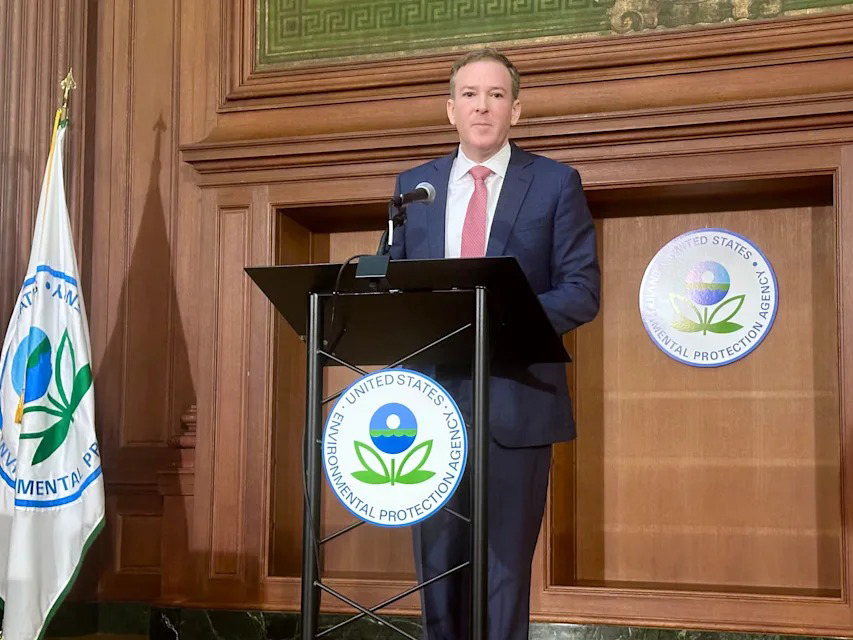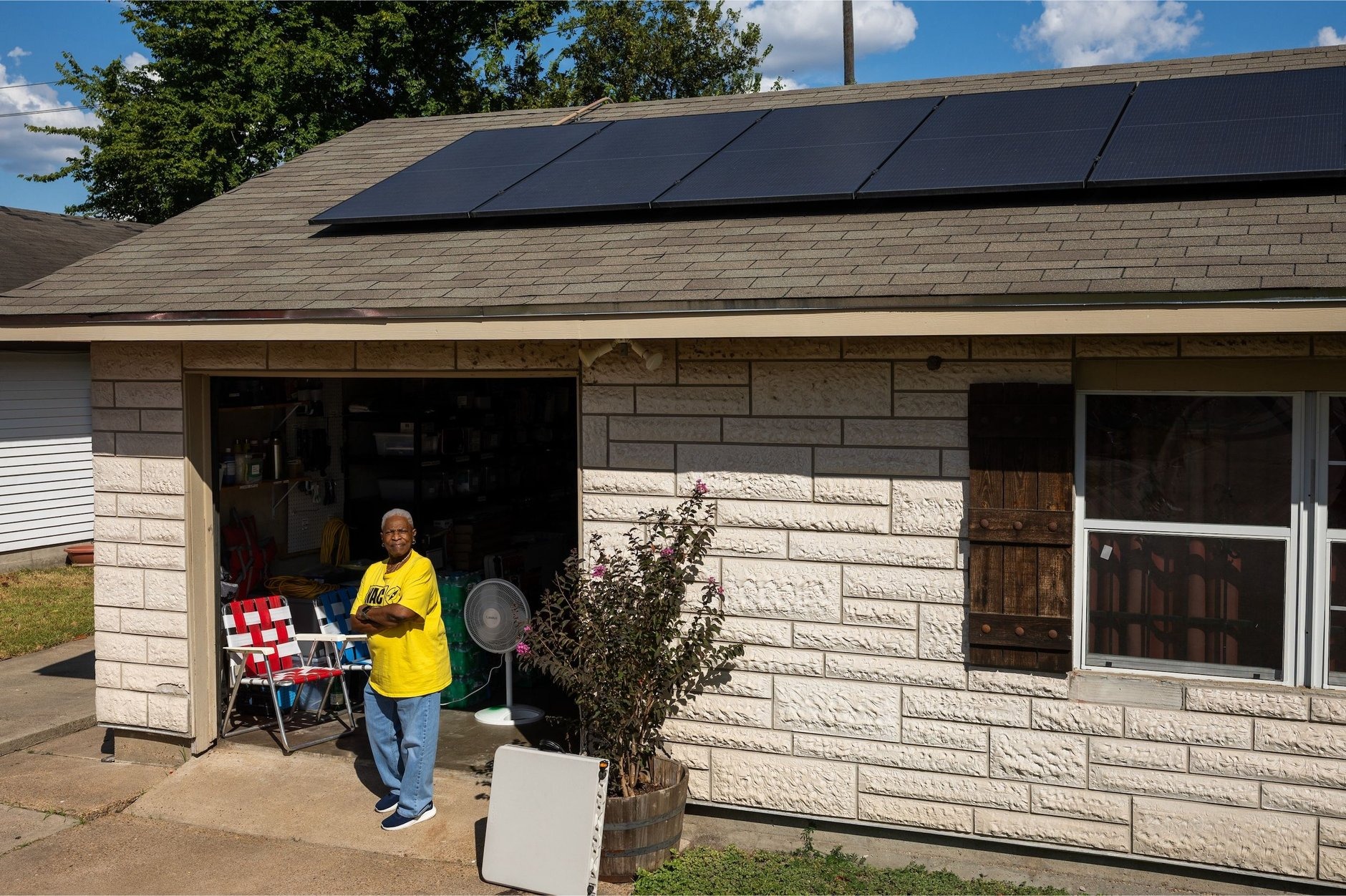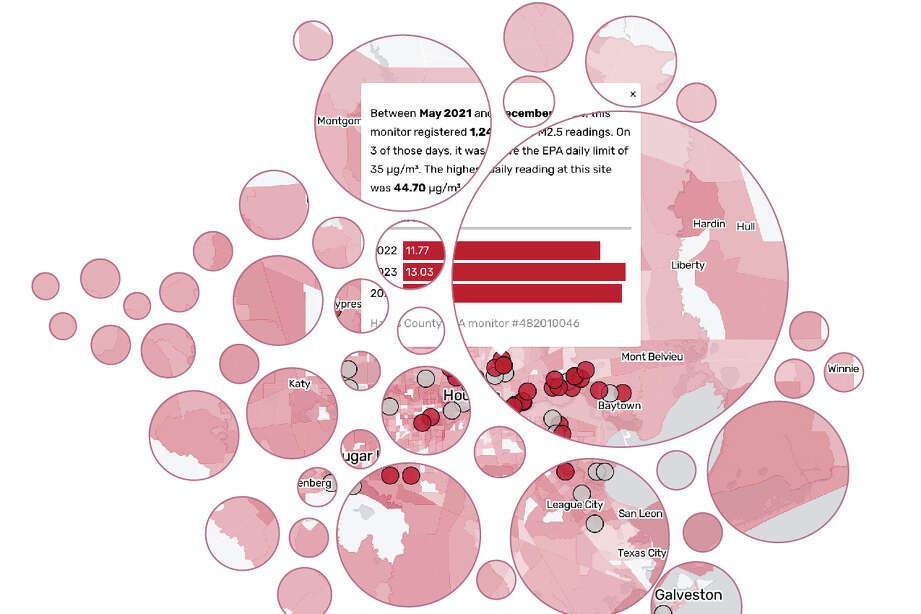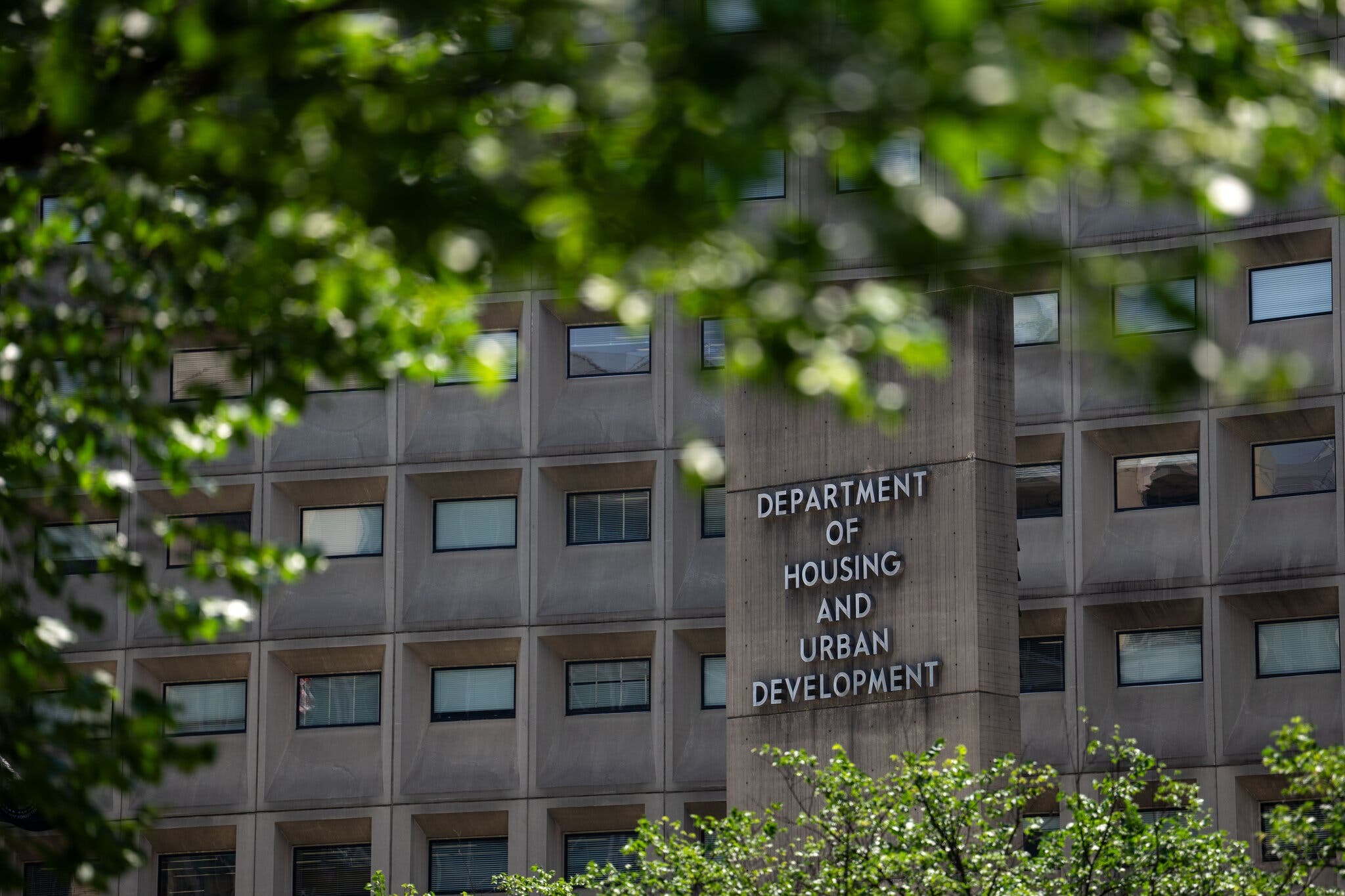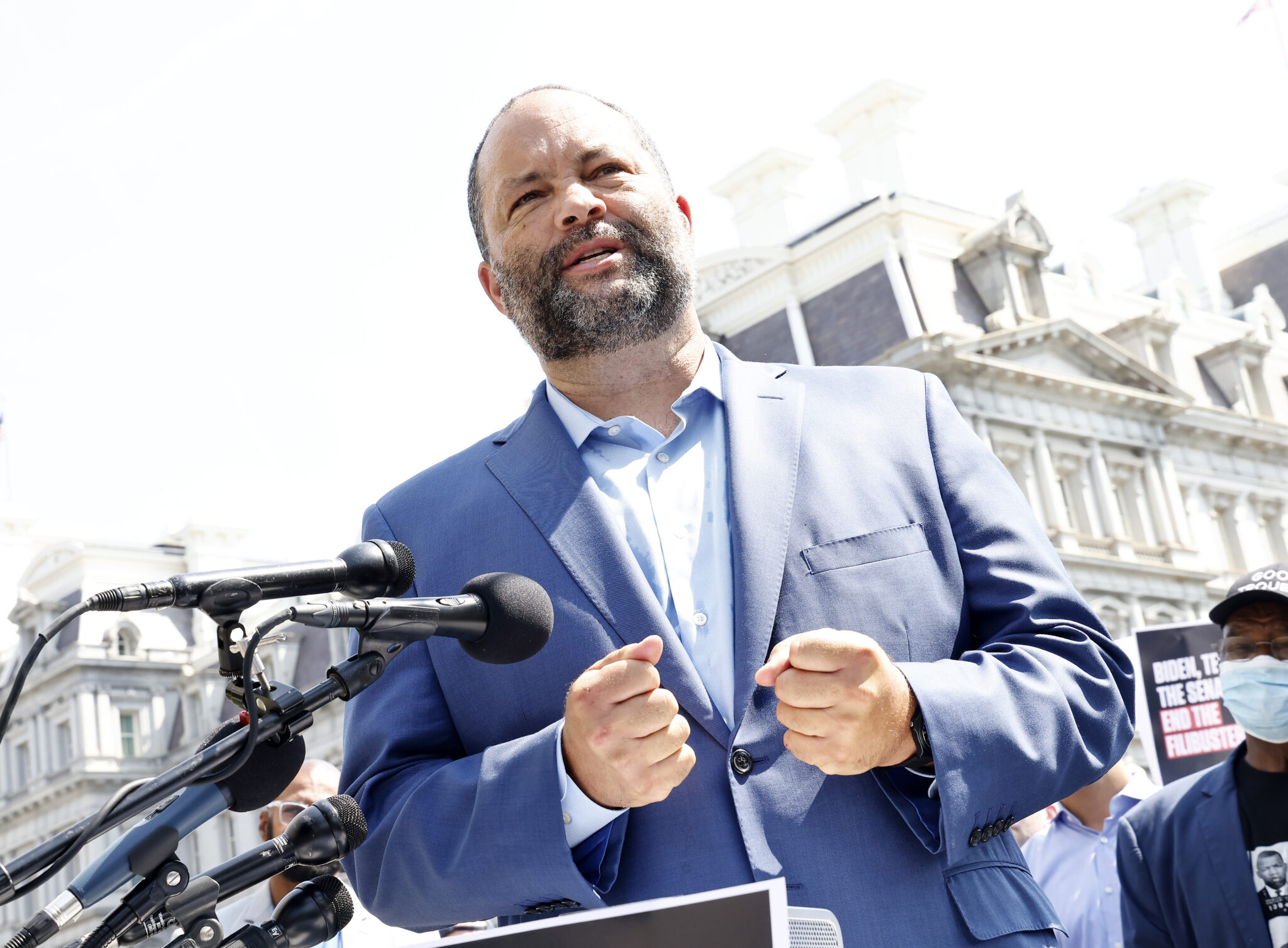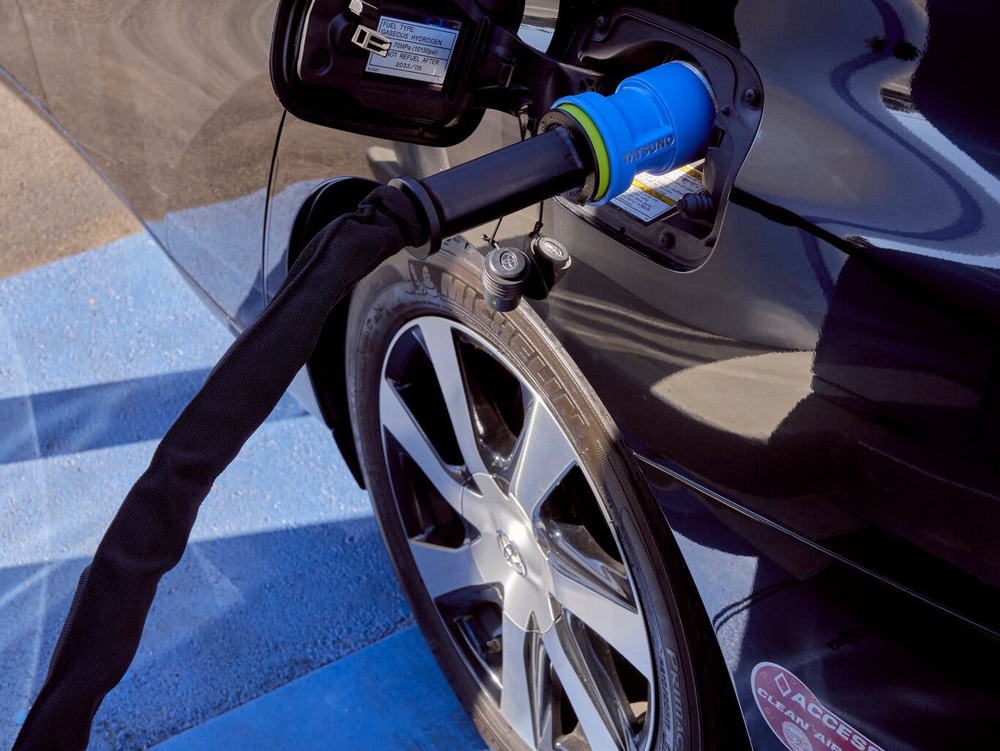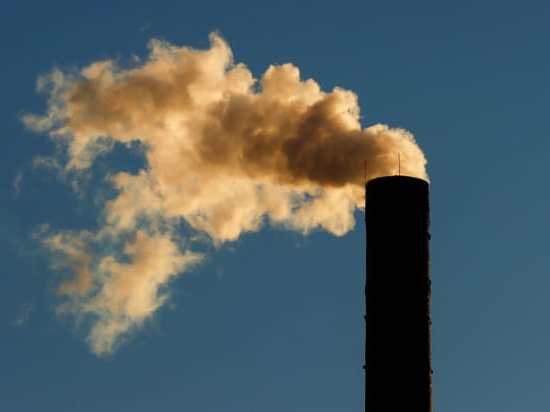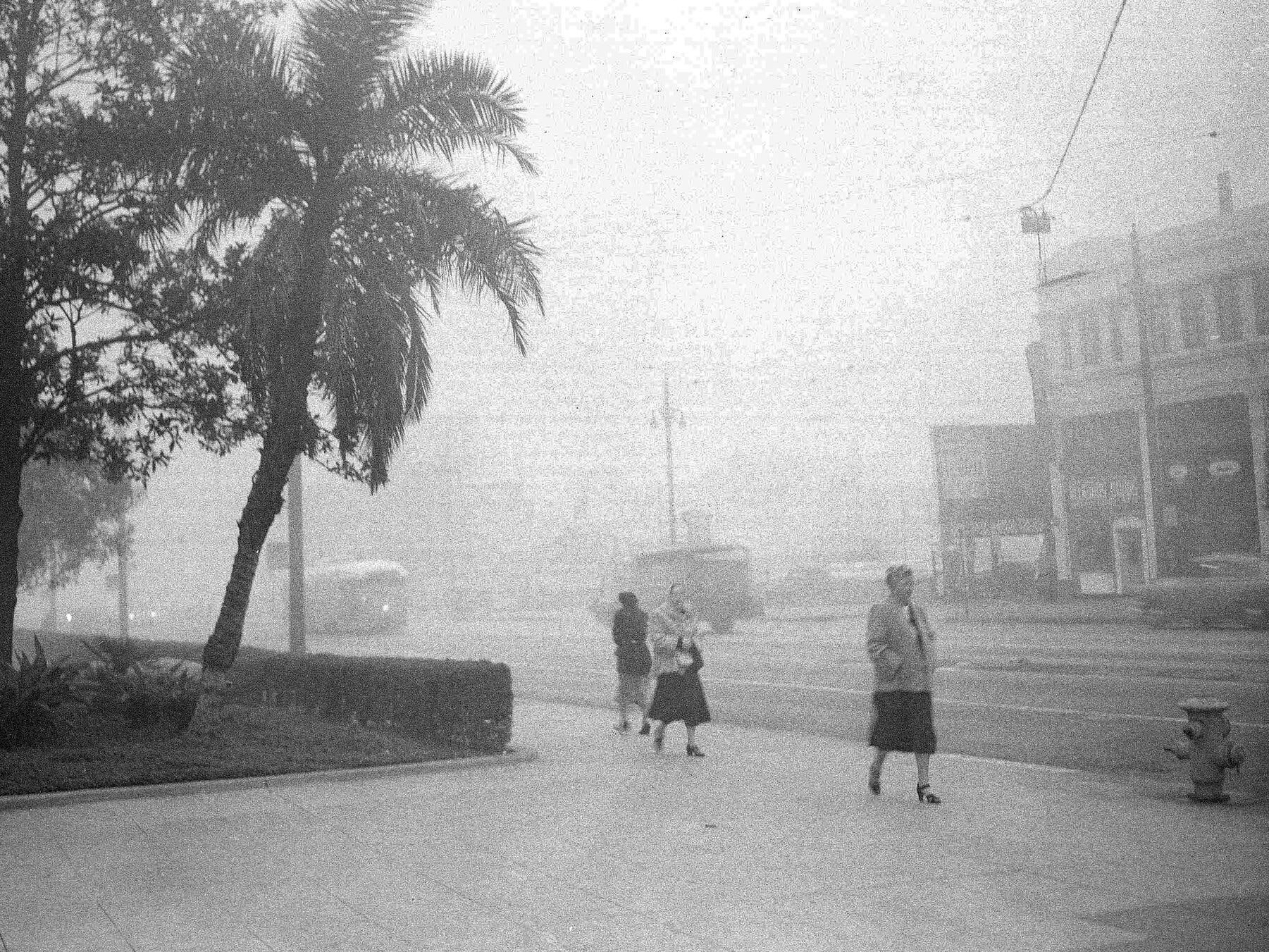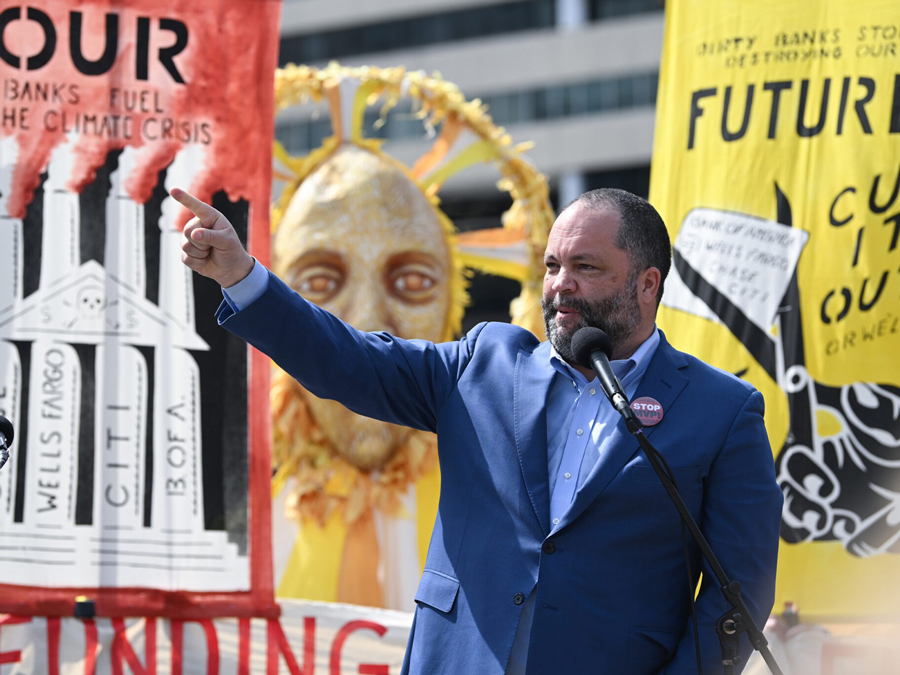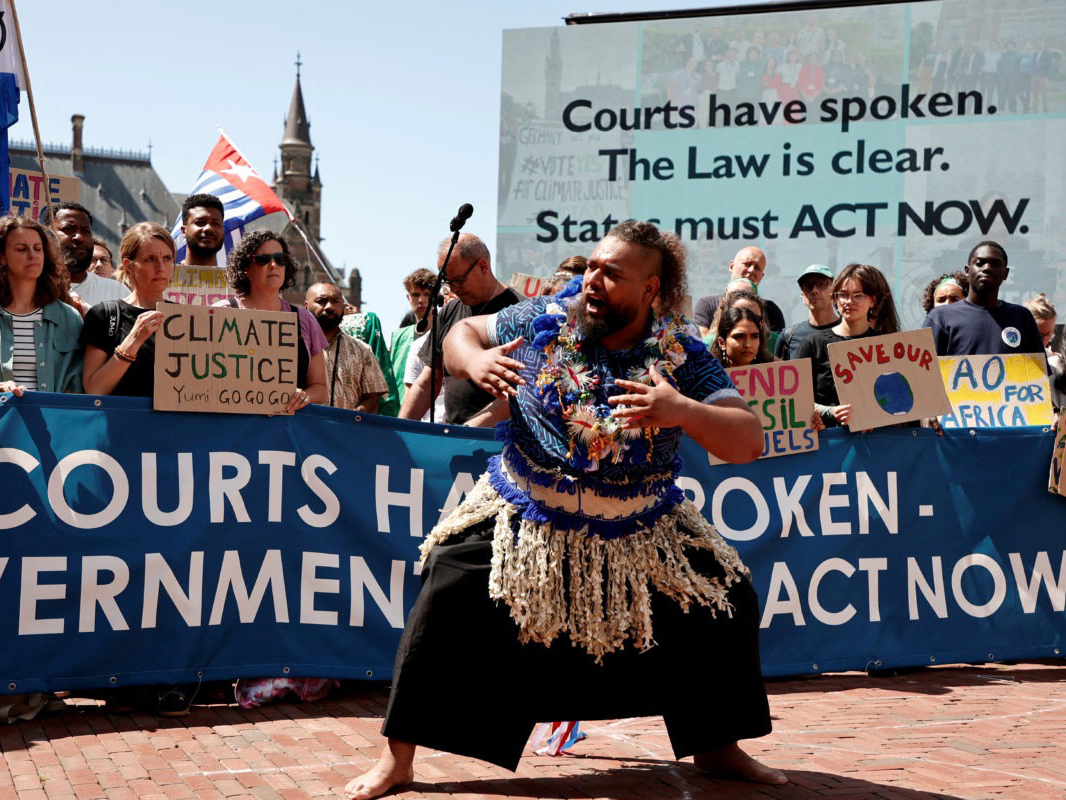Environmental groups have filed suit against the Louisiana Department of Conservation and Energy, claiming it violated legal and constitutional obligations...
Hurricanes cost more than you think. Here’s why that matters.

Hurricane Francine, which hit Southern Louisiana on September 11, 2024, caused substantial damage, with initial estimates of $9 billion. However, the true costs are likely far higher, encompassing not just property damage but also long-term economic impacts and health consequences. The official estimates often overlook indirect costs, such as mental and physical health issues, environmental degradation, and supply chain disruptions. These unaccounted losses can exacerbate inequalities, disproportionately affecting marginalized communities. While early financial assessments are crucial for facilitating insurance claims and government aid, they may underestimate the broader social and environmental toll of such disasters.
EPA eliminates mention of fossil fuels in website on warming's causes. Scientists call it misleading
EPA removed fossil-fuel references from its climate causes page, emphasizing natural factors. Scientists and former officials say the change misleads the public...
Fossil fuel companies are massively expanding plastic production to offset declining fuel demand. This shift drives pollution, harms public health...
In northeast Houston, residents are creating solar-powered “hub homes” to serve as community refuges during power outages, filling the gap left by the lack of formal resilience...
Houston’s air pollution, especially PM2.5, is rising again, disproportionately affecting marginalized communities near industry...
Internal documents and whistleblower accounts reveal that Trump appointees at HUD have gutted enforcement of the Fair Housing Act, slashing staff, blocking cases,
Houston leads major U.S. cities in poverty, with 21.2% of residents—over 500,000 people—living below the federal threshold...
After 26 years at EPA, environmental justice pioneer Charles Lee retires and joins Howard University’s Environmental and Climate Justice Center, arguing that despite Trump...
Two decades after Hurricane Katrina, overlooked survivors are reclaiming their narratives through TikTok, challenging long-standing portrayals from 2005.
The Sierra Club fired Executive Director Ben Jealous after no-confidence votes, budget cuts, layoffs, and misconduct concerns. Union leaders welcomed his departure...
U.S. clean hydrogen projects are collapsing amid shortened tax credit deadlines, rising energy costs, and policy shifts, leaving most proposals ineligible and investors...
A coalition of nonprofits, tribes, and local governments filed a class-action lawsuit against the EPA, demanding reinstatement of a $3bn climate justice grant program halted...
The Trump administration’s move to revoke the EPA's authority to regulate greenhouse gases marks a major policy reversal, undermining decades of climate protections...
Ben Jealous was placed on leave by the Sierra Club amid widespread internal dissent over his leadership, with staff citing failed vision, contentious layoffs...
The UN's International Court of Justice declared climate change a human rights issue, advising that nations must act or risk reparations, influencing global litigation...



